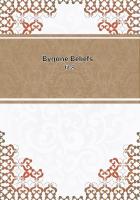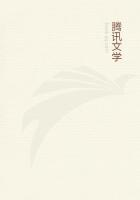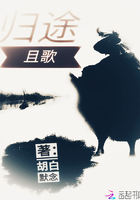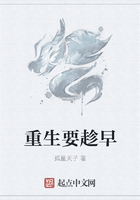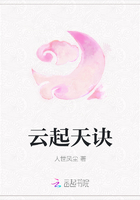Production, Consumption, Labour, Necessaries1.Man cannot create material things.In the mental and moral world indeed he may produce new ideas; but when he is said to produce material things, he really only produces utilities; or in other words, his efforts and sacrifices result in changing the form or arrangement of matter to adapt it better for the satisfaction of wants.All that he can do in the physical world is either to readjust matter so as to make it more useful, as when he makes a log of wood into a table; or to put it in the way of being made more useful by nature, as when he puts seed where the forces of nature will make it burst out into life.(1*)It is sometimes said that traders do not produce: that while the cabinet-maker produces furniture, the furnituredealer merely sells what is already produced.But there is no scientific foundation for this distinction.They both produce utilities, and neither of them can do more: the furniture-dealer moves and rearranges matter so as to make it more serviceable than it was before, and the carpenter does nothing more.The sailor or the railway-man who carries coal above ground produces it, just as much as the miner who carries it underground; the dealer in fish helps to move on fish from where it is of comparatively little use to where it is of greater use, and the fisherman does no more.It is true that there are often more traders than are necessary; and that, whenever that is the case, there is a waste.
But there is also waste if there are two men to a plough which can be well worked by one man; in both cases all those who are at work produce, though they may produce but little.Some writers have revived the medieval attacks on trade on the ground that it does not produce.But they have not aimed at the right mark.They should have attacked the imperfect organization of trade, particularly of retail trade.(2*)Consumption may be regarded as negative production.Just as man can produce only utilities, so he can consume nothing more.
He can produce services and other immaterial products, and he can consume them.But as his production of material products is really nothing more than a rearrangement of matter which gives it new utilities; so his consumption of them is nothing more than a disarrangement of matter, which diminishes or destroys its utilities.Often indeed when he is said to consume things, he does nothing more than to hold them for his use, while, as Senior says, they "are destroyed by those numerous gradual agents which we call collectively time".(3*) As the "producer" of wheat is he who puts seed where nature will make it grow, so the "consumer"of pictures, of curtains, and even of a house or a yacht does little to wear them out himself; but he uses them while time wastes them.
Another distinction to which some prominence has been given, but which is vague and perhaps not of much practical use, is that between consumers' goods (called also consumption goods, or again goods of the first order), such as food, clothes, etc., which satisfy wants directly on the one hand; and, on the other hand, producers' goods (called also production goods, or again instrumental, or again intermediate goods), such as ploughs and looms and raw cotton, which satisfy wants indirectly by contributing towards the production of the first class of goods.(4*)2.All labour is directed towards producing some effect.For though some exertions are taken merely for their own sake, as when a game is played for amusement, they are not counted as labour.We may define labour as any exertion of mind or body undergone partly or wholly with a view to some good other than the pleasure derived directly from the work.(5*) And if we had to make a fresh start it would be best to regard all labour as productive except that which failed to promote the aim towards which it was directed, and so produced no utility.But in all the many changes which the meaning of the word " productive,, has undergone, it has had special reference to stored-up wealth, to the comparative neglect and sometimes even to the exclusion of immediate and transitory enjoyment;(6*) and an almost unbroken tradition compels us to regard the central notion of the word as relating to the provision for the wants of the future rather than those of the present.It is true that all wholesome enjoyments, whether luxurious or not, are legitimate ends of action both public and private; and it is true that the enjoyment of luxuries affords an incentive to exertion, and promotes progress in many ways.But if the efficiency and energy of industry are the same, the true interest of a country is generally advanced by the subordination of the desire for transient luxuries to the attainment of those more solid and lasting resources which will assist industry in its future work, and will in various ways tend to make life larger.This general idea has been in solution, as it were, in all stages of economic theory; and has been precipitated by different writers into various hard and fast distinctions by which certain trades have been marked off as productive and certain others as unproductive.
For instance, many writers even of recent times have adhered to Adam Smith's plan of classing domestic servants as unproductive.There is doubtless in many large houses a superabundance of servants, some of whose energies might with advantage to the community be transferred to other.uses.but the same is true of the greater part of those who earn their livelihood by distilling whisky; and yet no economist has proposed to call them unproductive.There is no distinction in character between the work of the baker who provides bread for a family, and that of the cook who boils potatoes.If the baker should be a confectioner, or fancy baker, it is probable that he spends at least as much of his time as the domestic cook does, on labour that is unproductive in the popular sense of providing unnecessary enj oyments.

